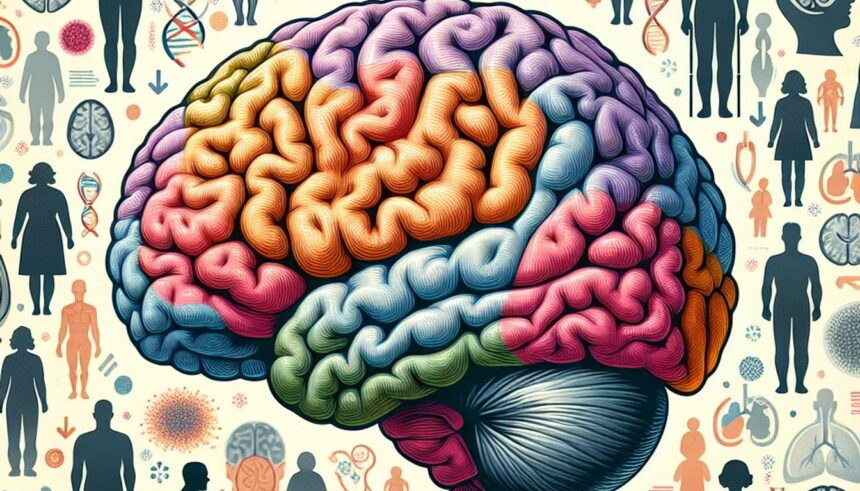Overview of Alzheimer’s Disease
Alzheimer’s disease is a progressive neurodegenerative disease that leads to memory loss and cognitive decline, primarily affecting individuals over the age of 65. As the most prevalent form of dementia, it significantly impacts millions worldwide, necessitating ongoing neurology research to better understand and combat this condition.
The Phenomenon of Brain Shrinkage in Alzheimer’s
In Alzheimer’s disease, one of the most alarming physical manifestations is brain shrinkage or cerebral atrophy. This condition involves the loss of neurons and the connections between them, which are crucial for communication within the brain. Brain shrinkage in Alzheimer’s is not uniform; recent studies highlight that the pattern of this shrinkage varies significantly among patients, underscoring the importance of recognizing patient variability in treatment and diagnosis.
Exploring Patient Variability in Alzheimer’s
The concept of patient variability plays a critical role in understanding and managing Alzheimer’s. Each patient’s genetic makeup, lifestyle choices, and environmental exposures contribute to the course and severity of the disease. Interestingly, research indicates that factors such as prior brain injuries, alcohol consumption, and smoking can influence the progression of Alzheimer’s, making personalized treatment approaches vital.
Current Advances in Neurology Research
Groundbreaking neurology research is continually pushing the boundaries of what we understand about Alzheimer’s disease. For instance, advanced imaging techniques now allow scientists to study the brain’s structure and function in real-time, helping to identify the early stages of brain shrinkage and other abnormalities that may indicate the onset of Alzheimer’s.
Implications of Research for Treatment Strategies
The variability in brain shrinkage patterns observed in Alzheimer’s patients suggests the need for more personalized approaches to treatment. This could mean the development of targeted therapies that address the specific areas of the brain most affected by the disease in individual patients. Researchers are optimistic that these personalized strategies will improve outcomes for those living with Alzheimer’s.
Preventive Measures and Early Detection
Prevention and early detection are crucial in managing Alzheimer’s disease. Lifestyle modifications such as engaging in regular physical activity, maintaining a healthy diet, and participating in cognitive exercises can reduce the risk of developing severe brain shrinkage. Additionally, early diagnosis through regular medical check-ups can provide a significant advantage in the management of the disease.
Supporting Alzheimer’s Patients and Families
Understanding Alzheimer’s and the variability among patients is essential not only for medical professionals but also for families and caregivers. Education on the nature of the disease, its symptoms, and progression can prepare families for the challenges ahead, while community support resources can provide much-needed assistance in care and management strategies.
As research continues to unveil more about Alzheimer’s disease, it remains imperative that both the medical community and society at large adapt to these insights to better support those affected by this challenging neurodegenerative disease.
For further information, it is always recommended to consult with Alzheimer’s disease specialists who can provide detailed guidance based on the latest research and clinical developments.







